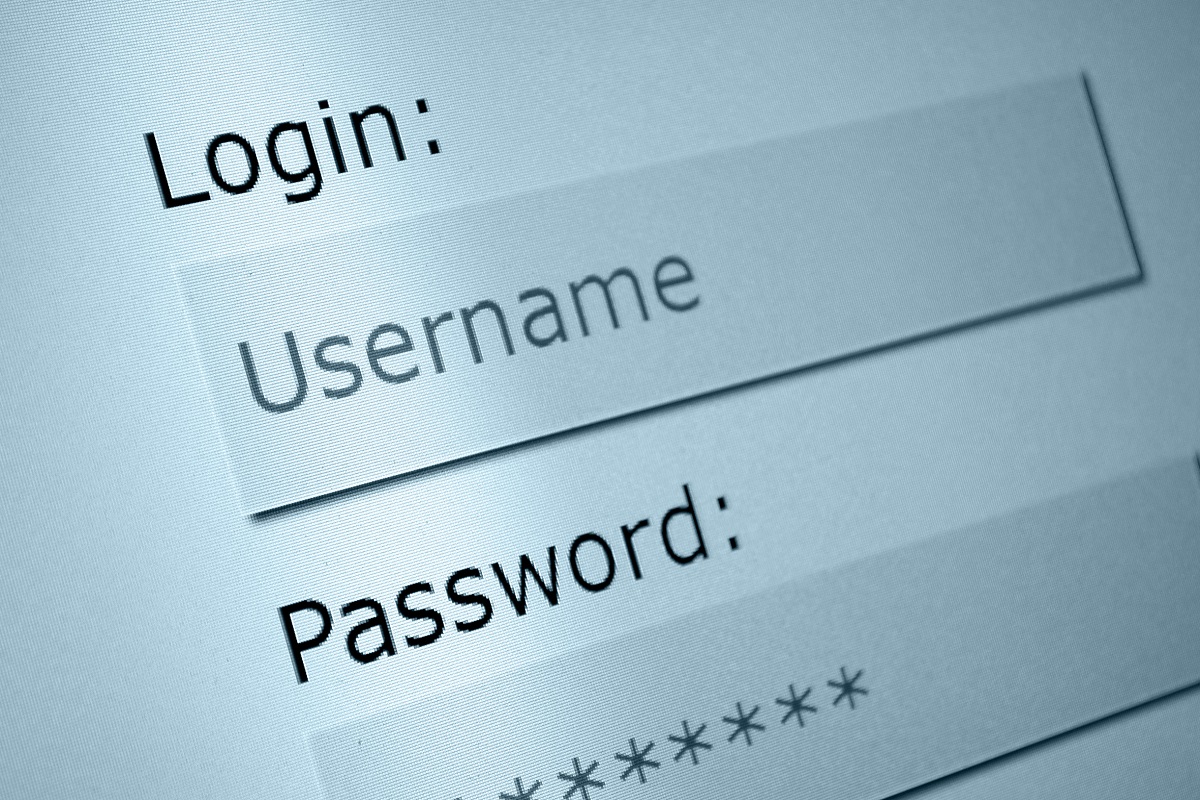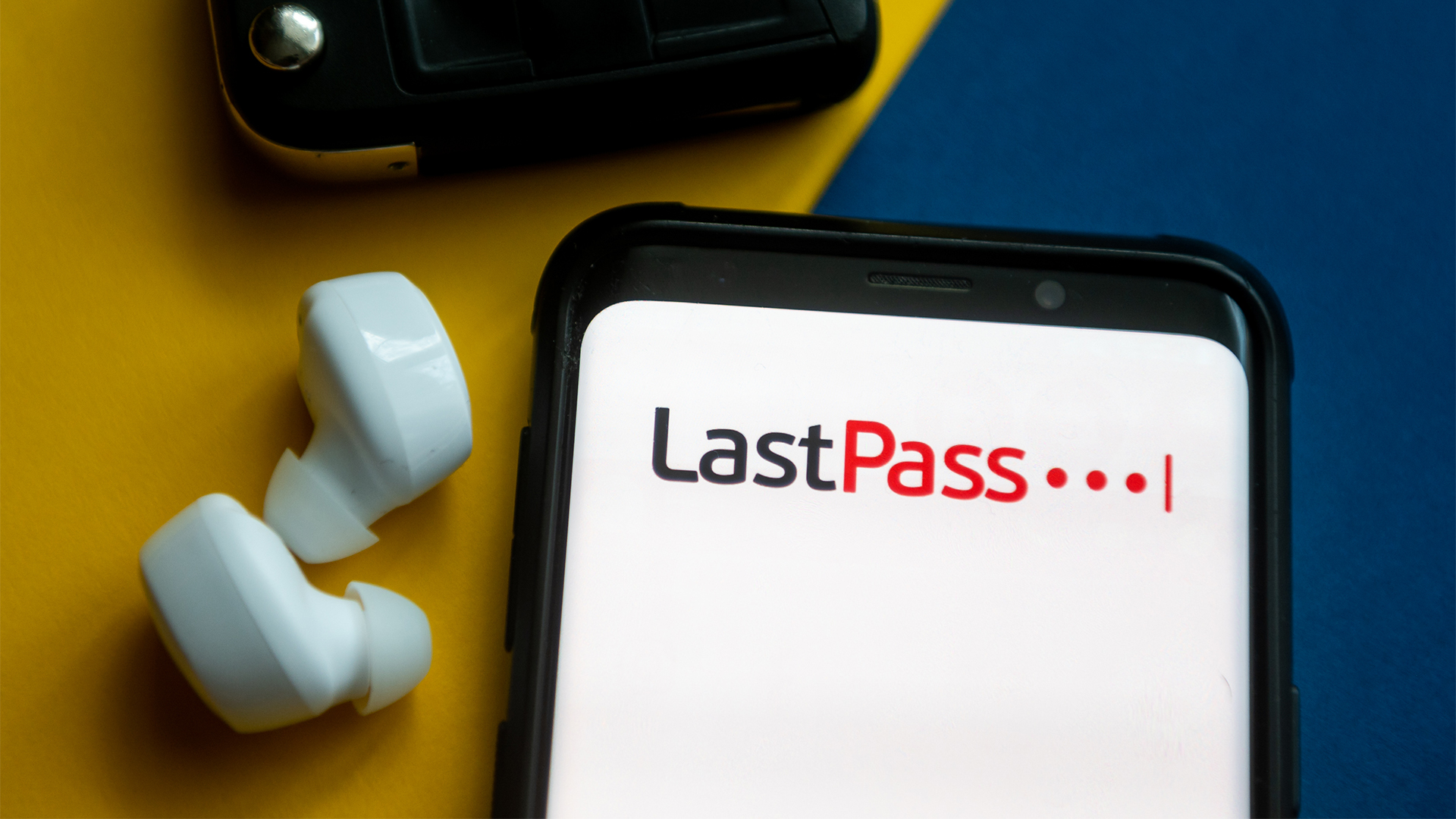Protecting passwords is not just down to users
Inside the Enterprise: EU security agency ENISA argues that service providers need to do more to protect our privacy.

A recent report by financial data company Experian suggested that too many internet users do too little to secure their account passwords.
No doubt this is true. But the blame for poor online security does not just lie with end users, according to ENISA, the EU's IT security agency. The agency argues that although users might pick easy-to-break passwords, service providers need to do more to protect their authentication systems.
Service providers also need to help users understand the importance of setting strong passwords, and changing them if they are stolen or there is a security breach.
As ENISA points out, this year alone has seen millions of passwords stolen from organisations ranging from LinkedIn, to Nvidia and EHarmony. This, in turn, has led to the theft of personal information, but also to people's stolen details being used to unlock other accounts too many of us reuse passwords across different services and even to attack other websites.
This has prompted ENISA to offer guidance to service providers on how to improve their password and authentication security.
The first step is to ensure all passwords are encrypted: this might sound obvious, but apparently not all service providers do this. Then, providers need to look in more detail at the cryptography they use.
Freely available password dictionaries, along with the fact that so many users use easy to guess passwords 123456 anyone? are making it too easy for hackers to work out some of the older cryptographic hashes, and unscramble all the passwords. But service providers also need to bolster their data leak prevention, to stop cyber criminals stealing the master password data in the first place.
Sign up today and you will receive a free copy of our Future Focus 2025 report - the leading guidance on AI, cybersecurity and other IT challenges as per 700+ senior executives
Providers also often lack sufficiently strong password policies, including renewal frequencies, complexity and minimum length. Systems that need a higher degree of security should be equipped with two-factor authentication, for additional protection.
ENISA also argues that all service providers should notify users in the event of a data breach; currently, only telecoms providers have to do this under EU law. This will help users to protect themselves, and build up a better picture of breaches for the security agencies.
And service providers also need to help users understand the importance of setting strong passwords, and changing them if they are stolen or there is a security breach. Users could, for example, use password management software to help.
But, as the agency points out, this is of little use if companies themselves fail to realise that passwords are a valuable commodity, and treat them as such. Organisations that allow users to create accounts that hold personal data do, after all, have a special responsibility to ensure that that information is protected at both ends of the system.
Stephen Pritchard is a contributing editor at IT Pro
-
 Google is scrapping its dark web report feature
Google is scrapping its dark web report featureNews Google said while the dark web report feature offered “general information”, the tool didn’t provide “helpful next steps” for users potentially impacted by a breach.
-
 AI means you're probably going to need bigger developer teams
AI means you're probably going to need bigger developer teamsAnalysis Software developers may be forgiven for worrying about their jobs in 2025, but the end result of AI adoption will probably be larger teams, not an onslaught of job cuts.
-
 Thousands of exposed civil servant passwords are up for grabs online
Thousands of exposed civil servant passwords are up for grabs onlineNews While the password security failures are concerning, they pale in comparison to other nations
-
 Gen Z has a cyber hygiene problem
Gen Z has a cyber hygiene problemNews A new survey shows Gen Z is far less concerned about cybersecurity than older generations
-
 Passwords are a problem: why device-bound passkeys can be the future of secure authentication
Passwords are a problem: why device-bound passkeys can be the future of secure authenticationIndustry insights AI-driven cyberthreats demand a passwordless future…
-
 LastPass just launched a tool to help security teams keep tabs on shadow IT risks
LastPass just launched a tool to help security teams keep tabs on shadow IT risksNews Companies need to know what apps their employees are using, so LastPass made a browser extension to help
-
 The NCSC wants you to start using password managers and passkeys – here’s how to choose the best options
The NCSC wants you to start using password managers and passkeys – here’s how to choose the best optionsNews New guidance from the NCSC recommends using passkeys and password managers – but how can you choose the best option? ITPro has you covered.
-
 I love magic links – why aren’t more services using them?
I love magic links – why aren’t more services using them?Opinion Using magic links instead of passwords is safe and easy but they’re still infuriatingly underused by businesses
-
 Password management startup Passbolt secures $8 million to shake up credential security
Password management startup Passbolt secures $8 million to shake up credential securityNews Password management startup Passbolt has secured $8 million in funding as part of a Series A investment round.
-
 LastPass breach comes back to haunt users as hackers steal $12 million in cryptocurrency
LastPass breach comes back to haunt users as hackers steal $12 million in cryptocurrencyNews The hackers behind the LastPass breach are on a rampage two years after their initial attack